A young boy can bring animals — and even people! — back to life. When he prays, rain comes and the sick are healed. But as he starts showing these miraculous powers, he is ridiculed, and he has no idea why he can do these things or what it all means. He begs his parents to tell him, but they refuse.
So runs the story of The Young Messiah, a film which releases Friday and tells the tale of Jesus Christ as a child, before he knows his mission. Inspiring and beautiful, the film does wonderful justice to the story of Jesus’ youth — all the while managing not to offend Catholics or Protestants. It is a strong film with impressive biblical accuracy, but it’s not without its pitfalls.
Beauty and Intrigue
The Young Messiah is full of fascinating places: the dusty city streets in Egypt, the lavish palace of King Herod II, the hustle and bustle of the temple at Jerusalem, and the bucolic paradise of Galilee. Each scene will immerse you in the beauty — and occasionally the ugliness — of the ancient world, and present the complex atmosphere in which Jesus grew up. The stunning scenes may have one very forgivable weakness when it comes to historical accuracy, however. If a movie showed people and cities as dirty as they truly were in the ancient world, viewers would be so grossed out as to miss the actual plot. The movie is beautiful, but life back then was much less so.
The plot centers around two characters: the young Jesus (Adam Greaves-Neal) with his many questions, and the Roman centurion Severus (Sean Bean — who does not die in this film!) who partook in the massacre of male babies in Bethlehem — which Jesus narrowly escaped — and struggles to carry out a similar order. These characters interact only a few times, but each time they do proves to be important.
Jesus and his family travel a great deal, and this gives the movie the opportunity to show multiple scenes of ancient Egypt and Israel.
The central family also includes more than just the “Holy Family” of Mary, Joseph, and Jesus. Those three travel with Cleopas (Christian McKay), Mary’s older brother, and his wife, along with his son James (Finn McLeod Ireland). By including these characters, the film reminds the audience that families were often much larger than three people, and allows for an easy explanation of James “the brother of Jesus,” without crossing the Catholic doctrine that Mary remained a virgin throughout her marriage with Joseph. The film wisely leaves that question unanswered, and suggests that cousins or adopted family members were referred to as “brother” or “sister.”
Good Acting and Pacing
The Young Messiah brings a great deal of star power in Sean Bean, who convincingly plays the conflicted Roman centurion. For the most part, however, it introduces new actors — who fit their roles well, if not remarkably.
Adam Greaves-Neal is rather passive and has a remarkably high-pitched voice, which presents a slightly effeminate but very intriguing Jesus. The camera focuses overly much on his eyes, which have a sort of mystical appeal. Imagine the “one ring” from The Lord of the Rings trilogy — the way those films often zoomed in to focus on that ring and show its ominous power. The Young Messiah blatantly makes Greaves-Neal’s hazel eyes their own ring of power, and this choice can seem almost creepy at times.
Sara Lazzaro presents a wonderfully compassionate, if overprotective, Mary. Vincent Walsh plays a strong Joseph, a great leader for the family who is nonetheless very kind. Rory Keenan casts a malignant shadow as the blonde demon, a man only Jesus can see who causes mischief and aims to undermine Jesus’ faith in his family and his God.
In a similar vein, Jonathan Bailey masters the creepy King Herod II, while Finn McLeod Ireland makes a great jealous cousin to Jesus and Christian McKay plays the bumbling drunken uncle. David Bradley (well known for his creepier roles as Filch in Harry Potter and Walder Frey in Game of Thrones) makes a great appearance as an old rabbi, while another Game of Thrones actor, Clive Russell (who plays the mysterious Brynden “Blackfish” Tully), plays a similarly mysterious lackey for Sean Bean’s Severus.
The Young Messiah moves methodically through a year of Jesus’ life. It slowly presents the mysteries which drive the young savior crazy with curiosity, and builds to the moment when he runs off on his own to the temple for answers. While the film’s climax may be a bit melodramatic, the story proceeds from mystery to mystery, and answers the questions in a very satisfying way.
Strong Dialogue, But Far Too Talky
There is an old dogma in acting and film-making — show, don’t tell. The Young Messiah does fail in one respect: it tells far more often than it shows. This would be a keen error, were the dialogue less strong.
Joseph tells his son, “Your questions are the questions of a child, but the answers are answers for a man.” In one particularly harrowing scene, the demon declares, “Your little miracles can’t save these foolish people. I tell you, chaos rules and I am its prince.”
When questioned at the temple, Jesus wittily defends the idea that God is a carpenter, saying, “Didn’t the Lord himself tell Noah the dimensions of the ark?”
A Stunningly Accurate Biblical Film
While this movie, like Risen, is a work of historical fiction, it presents Jesus’ youth mostly accurately according to scripture. As the film shows, Jesus escaped death after his birth in Bethlehem, after which his family fled to Egypt. Then they came back to Galilee, where Jesus grew up. During his early years, he traveled to the temple at least once, and the gospels recall him impressing the priests there with his knowledge. The fundamental plot may be boiled down to Luke 2:52, “And Jesus grew in wisdom and stature, and in favor with God and man.”
To this sparse information, The Young Messiah adds tales of early miracles, family drama, and a close escape. The movie also fleshes out the world in a way that prophesies Jesus’ later suffering, death, and resurrection.
In a particularly harrowing scene, Jesus and his family walk by a line of crosses, with the dying men hanging gruesomely from them. Mary reads Psalm 23, and the demon lurks, smiling for some unholy reason — maybe it’s because he has an inkling of the future, that Jesus will one day perish on a cross like those. The demon likely has no idea, however, that that very death will conquer sin and the devil’s hold on mankind.
Mary advises Jesus to “keep your power inside you, until your Father in Heaven shows you the way.” This explains why little of note to the gospel writers occurred between Jesus’ impressing priests at the temple and his baptism from John. The little boy, partially satisfied at the answers to his questions, somewhat playfully declares, “I think I’m here just to be alive, to see it, feel it” — to experience the creation he made as God, with human eyes.
The Young Messiah follows the Anne Rice novel Christ the Lord: Out of Egypt. The filmmakers altered the novel’s story with help from theological scholars, pastors, and priests to make sure the film remained true to the nature of Jesus Christ. These efforts paid off.
Above all else, The Young Messiah is — as director Cyrus Nowrasteh has said repeatedly — reverential. It presents a sinless Jesus, who may not know the details of his ministry, but is fundamentally wise, gentle, and loving. While not without its faults, the movie is a fitting tribute to Jesus’ youth and presents the Christian story in a way that can appeal to everyone, believers and unbelievers alike.
Here’s the trailer:

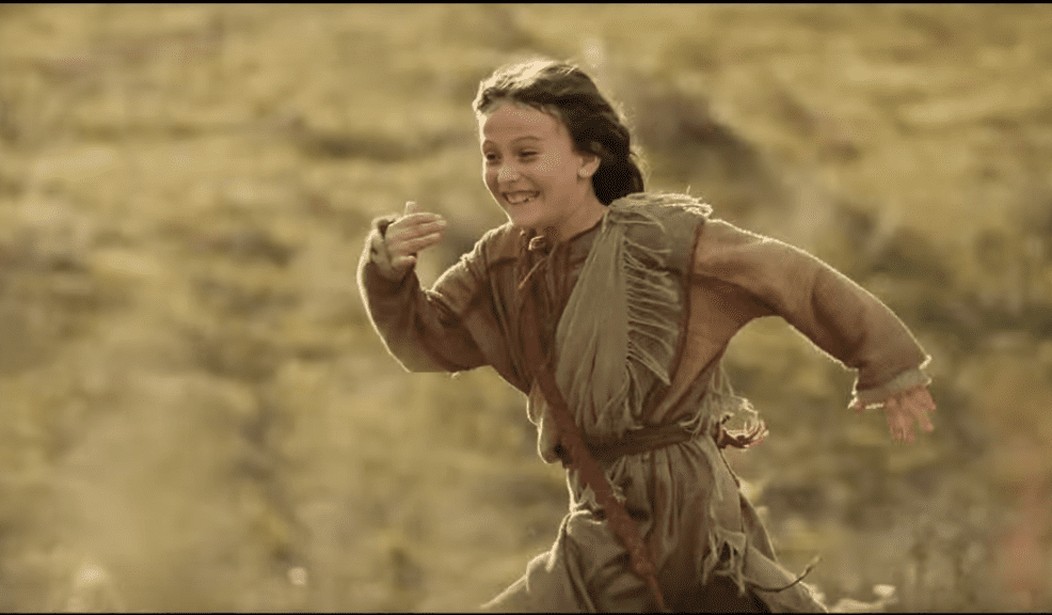

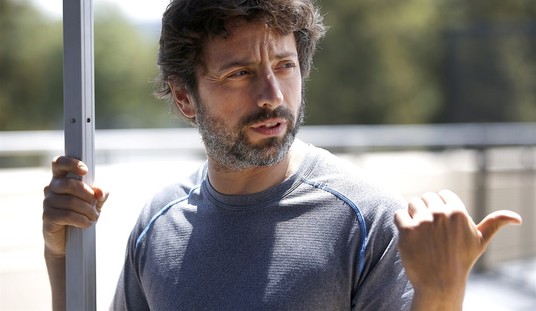
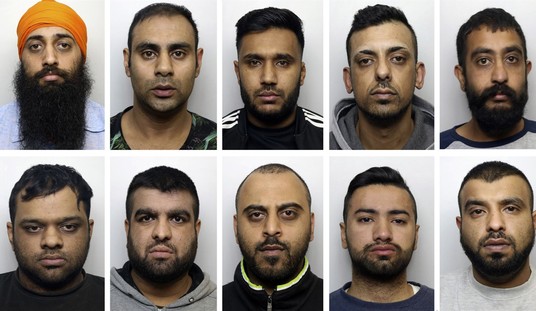
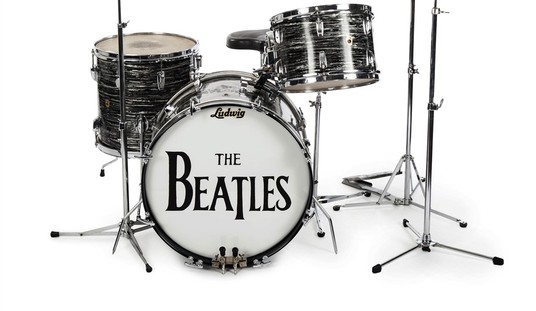
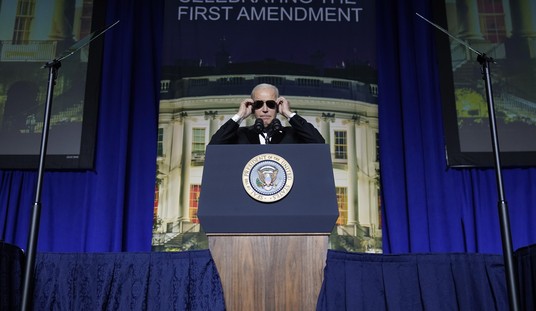
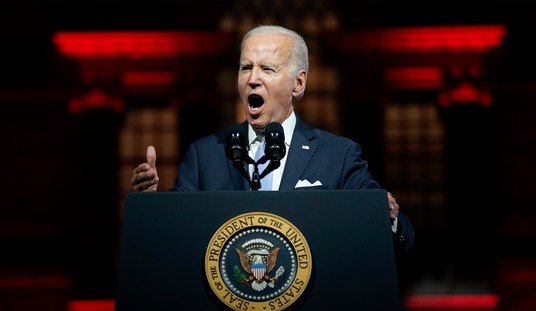
Join the conversation as a VIP Member